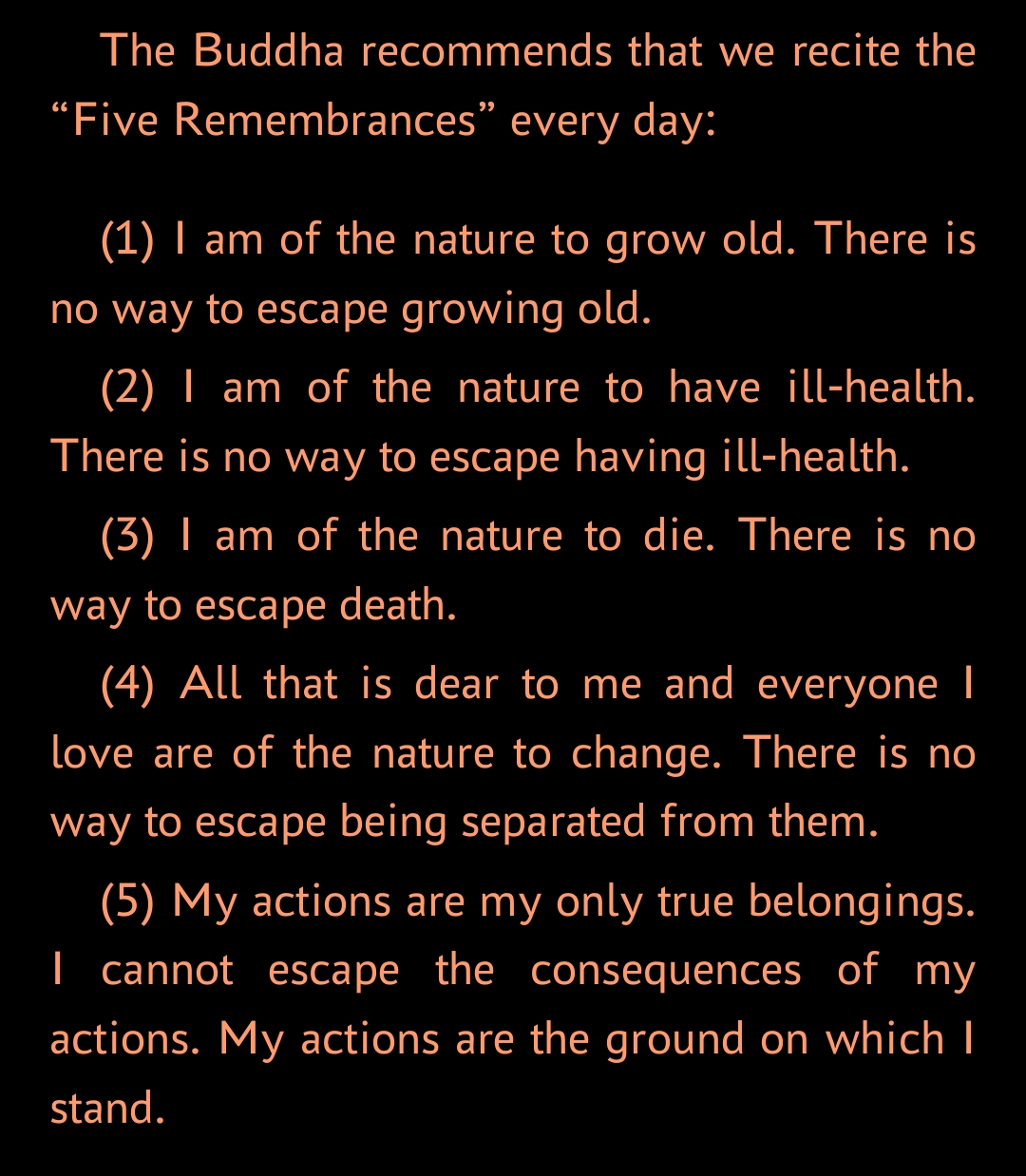We need to make it popular against all corporate forces like meta, X, bluesky etc. By creating more content and interacting with it more.
7ai
Wait this is a new scam?
A daily "forever" treatment like SSRIs are way more profitable for big pharma compared to psychedelics which are freely available in nature and can have long term benefits on a single dose.
This winter we will keep our fellow Linux users warm no matter the cost..
So anything but reducing carbon emissions which are the root cause.
The way the founder replied coldly and closed the GitHub issue is pretty telling. Now they're doing damage control.
It's usually better to stay away from VC funded software. They exist for the sole purpose of turning a rich guy's million dollars into 100.
When I realised I can't go crying to my parents anymore and started crying into my pillow instead.
Corruption
Cars. Need I say more?
In that case you can try cromite for Android. It's a decent private and ad blocking browser based on chromium.


Is it a stretch to consider the possibility that our extinction is near?